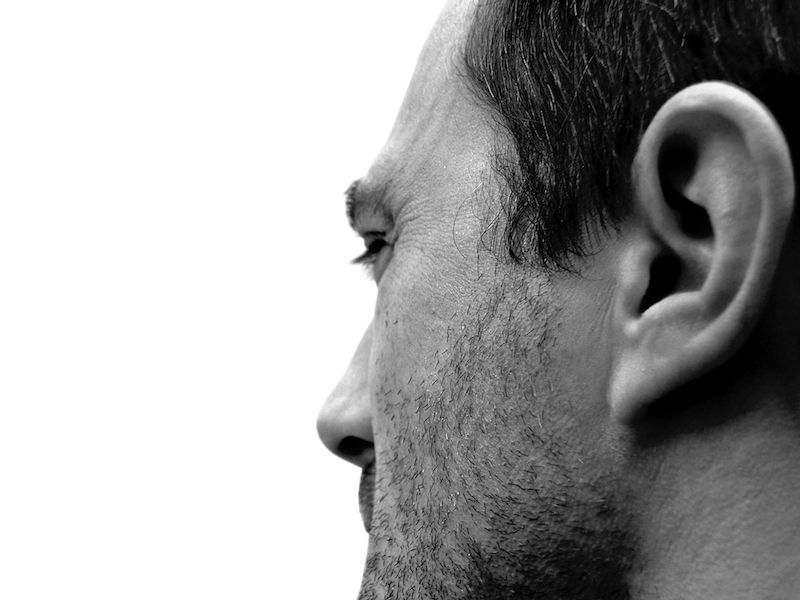
There is an inconsistency in symptoms of tinnitus; they seem to come and go, at times for no evident reason at all. Maybe you’re getting into bed one night and, evidently out of the blue, your ears start ringing something fierce. As you lie in bed, you think back over your day, and there aren’t any clear causes for this event: no noisy music, no screeching fire alarms, nothing that might explain why your tinnitus chose 9 PM to flare up.
So perhaps the food you ate may be the answer. Usually we don’t associate the idea of food with hearing, but there’s a bit of research and evidence to suggest that tinnitus can be made worse by some foods. The trick for you is knowing what those foods are, so you can avoid them.
Which Foods Make Tinnitus Worse?
So let’s get right to it. You would like to find out what foods you should avoid so you can make sure you never have to experience one of those food-produced tinnitus outbreaks again. Here are some foods to stay away from:
Alcoholic Drinks
Alcohol and tobacco should be high on the list of items to avoid. Okay, alright, “tobacco” isn’t actually food, but if you want to decrease tinnitus attacks (and the intensity of those episodes), you’ll stay away from drinking and smoking as much as possible.
Your overall health can be drastically impacted by alcohol and tobacco specifically your blood pressure. Your tinnitus is considerably more likely to flare up the more you drink and smoke.
Sodium
Your blood pressure is one of the most significant predictors of tinnitus episodes. Your tinnitus gets worse when your blood pressure goes up. That’s the reason sodium should certainly be on your list of food substances to avoid. You’ll need to significantly decrease your sodium consumption whether you use salt on everything or you just love to eat french fries.
There are many foods that are surprisingly high in sodium, too, including ice cream (which you don’t normally think of as tasting particularly salty). But to prevent any sudden tinnitus episodes you will want to keep track of sodium content.
Fast Food
If you’re staying away from sodium, it should come as no shock that you should also be avoiding fast food. Even fast food places that claim to be a more healthy alternative serve food that is really high in sodium and fat. And, once again, that’s going to have a huge influence on your blood pressure and, consequently, your tinnitus. Let’s not forget the enormous drinks they serve which are very high in sugar. Yes you guessed it, sugar is next on the list.
Sugars and Sweets
Candy is something that we all love. Well, most of us love candy. There is a very small portion of the populace that would actually prefer vegetables. No judgment from us.
Unfortunately, sugar can completely throw off the balance of glucose in your body. And as you’re attempting to get to sleep at night, a little disruption to that balance can mean a lot of tossing and turning. And the more you toss and turn, the more you start listening for that ringing and buzzing.
Caffeine
So, we saved caffeine for last because, well, it’s a tough one. This is the one we’re least pleased about having to give up. But your sleep cycle can be dramatically impacted if you have any kind of caffeine later in the day. And the less quality sleep you get, the more likely your tinnitus is to flare up.
So it’s not really the caffeine by itself that’s the problem, it’s the lack of sleep. Switch over to a drink that doesn’t have caffeine at night and save your caffeine for the morning.
Discover What Works Best For You
This is certainly not a comprehensive list. You’ll want to consult your hearing specialist about any dietary adjustments you may need to make. Let’s not forget that dietary changes affect everyone in a unique way, so it may even be worth maintaining a food journal where you can keep track of what impacts you and by how much.
Moving forward you will have an easier time making smart choices if you understand how some foods affect you. When you start keeping track of how your ears react to different foods, the explanation for your tinnitus might become less incomprehensible.
Then you will appreciate if you are going to regret that late cup of coffee.